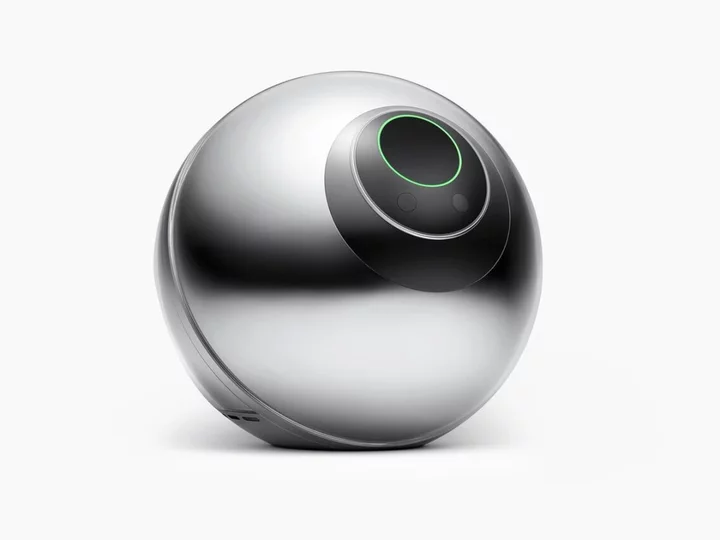
ChatGPT creator launches bitcoin rival that scans people’s eyeballs
The creator of the hugely popular AI bot ChatGPT has launched a controversial project that offers users a free share of cryptocurrency in exchange for their biometric data. Nearly four years after founding Worldcoin, OpenAI boss Sam Altman announced on Monday that the crypto wallet and app is now available in countries where it is not banned for regulatory or legal reasons. More than 1.5 million people signed up to the venture prior to its official launch, each receiving a share of Worldcoin tokens in exchange for scanning their iris using a silver orb developed by the startup. The biometric data was used to verify each individual’s “unique personhood” and ensure that no one signed up more than once. Each person will now be able to use the Worldcoin token, which is currently valued at $2.59 (£2), according to CoinMarketCap, having begun trading on Monday just below $2. Worldcoin (WLD) is similar to other cryptocurrencies like bitcoin, in that it uses blockchain technology to enable digital transactions. According to its website, people can use it for “remittances, [to] tip artists, [and] buy and sell goods and services”. The main differentiator is the way that users sign up, with privacy advocates warning that it could lead to a black market of people’s iris scans. Worldcoin has defended its technology by claiming that its orb is only used to check that a person is unique and has not signed up before. The startup’s website states: “We don’t want to know who you are, just that you are unique”. Worldcoin co-founder Alex Blania wrote in a note published on Monday that he believed Worldcoin “could drastically increase economic opportunity, scale a reliable solution for distinguishing humans from AI online while preserving privacy, enable democratic processes, and eventually show a potential path to AI-funded universal basic income.” He added: “Worldcoin is an attempt at global scale alignment, the journey will be challenging and outcome is uncertain. But finding new ways to broadly share the coming technological prosperity is a critical challenge of our time.” Worldcoin does not list the countries in which it operates – The Independent has reached out for further information – though it is not yet available in Mr Altman’s native US. The startup founder was only able to sign up himself on a trip to Europe earlier this year. “Like any really ambitious project, maybe it works out and maybe it doesn’t, but trying stuff like this is how progress happens,” Mr Altman tweeted following Worldcoin’s launch. “In either case, we especially love our haters, it gives us energy, please keep it coming.” Read More What is superintelligence? How AI could wipe out humanity – and why the boss of ChatGPT is doomsday prepping How bad is bitcoin for the environment really? Crypto experts discuss bitcoin price predictions What is Solana? The crypto rising 200-times faster than bitcoin
2023-07-24 22:29

Tristan Tate: Andrew Tate’s brother’s 2016 MMA debut loss video goes viral, fans call him 'bigger Adin Ross'
Just like his brother Andrew Tate, Tristan also ventured into professional MMA in 2016
2023-05-29 15:51

Chipmaker Micron beats revenue estimates on demand from booming AI
(Reuters) -Micron Technology beat analysts' estimates for third-quarter revenue on Wednesday, driven by demand for its memory chips from the
2023-06-29 04:30

You can save $50 off a Roku TV thanks to Best Buy's anti-Prime Day sale
SAVE $50: As of July 7, the Roku 65-inch Class Select Series 4K Smart TV
2023-07-08 00:57

How to livestream the NBA playoffs for free
Stream content in other locations with a VPN. Shop these deals: Best for speed ExpressVPN
2023-05-10 21:52

Activision Executives Were Briefed on New Nintendo Switch Last Year
Activision Blizzard Inc. executives were briefed on a next-generation console from Nintendo Co. as early as 2022, according
2023-09-19 00:56

EU Makes Deal to Advance Controversial Nature-Restoring Law
The European Union clinched a deal to advance one of the most controversial aspects of its green agenda:
2023-11-10 16:24

Harpak-ULMA Announces Online Parts Portal
TAUNTON, Mass.--(BUSINESS WIRE)--May 30, 2023--
2023-05-30 21:18

Kai Cenat, JiDion shocked over Kevin Gates' Instagram Story: 'Oh my god, no!'
Kai Cenat was seen jumping out of his seat during a Twitch stream and screaming on seeing Kevin Gates' Instagram video
2023-05-09 19:46

Which Path to Choose Pokemon GO: Dark Flames Event Guide
Which path to choose in Pokemon GO during the Dark Flames Event Guide entices players to make a decision between a Fire-type Timed Research or a Dark-type Timed Research.
2023-07-01 00:58
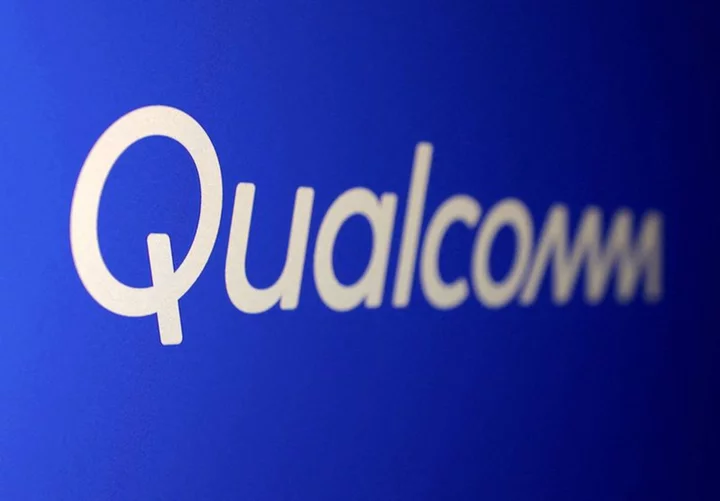
Qualcomm to supply Apple with 5G chips until 2026 under new deal
By Stephen Nellis Qualcomm on Monday said it had signed a new deal with Apple to supply 5G
2023-09-11 19:48
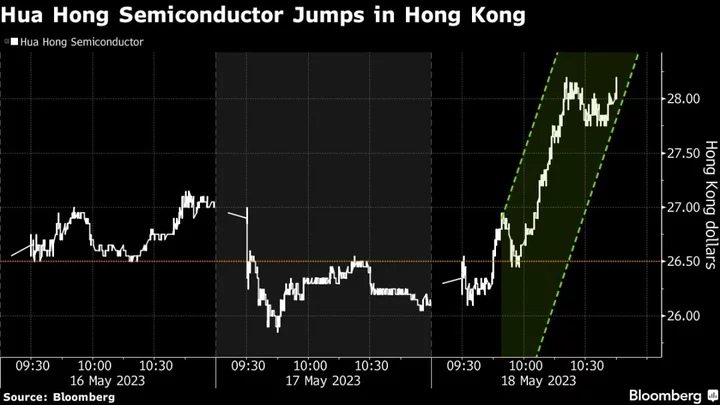
Hua Hong Wins Nod for $2.6 Billion Shanghai Listing
Hua Hong Semiconductor Ltd. has received a green light for its 18 billion yuan ($2.6 billion) second listing
2023-05-18 11:26
You Might Like...
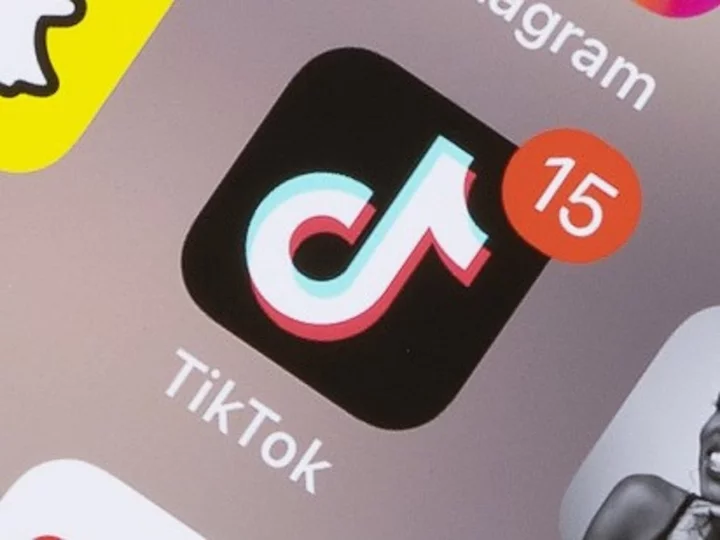
TikTok ban: App sues Montana over new law to block users

FC 24 TOTW Upgrade SBC: How to Complete
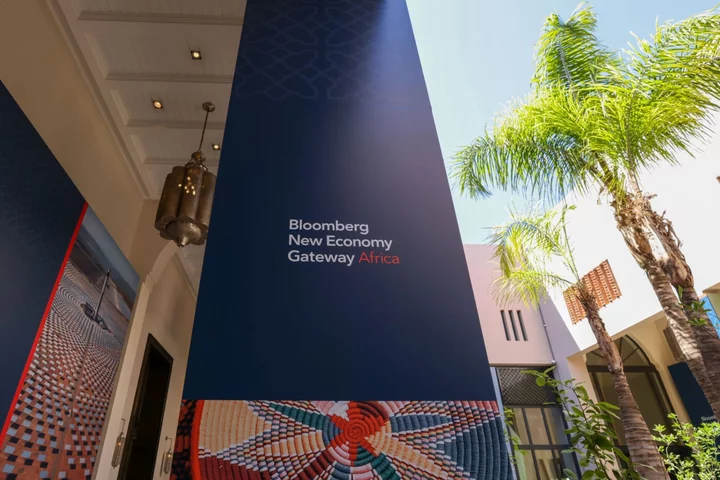
Fortescue Touts Africa Potential; Common Currency: New Economy
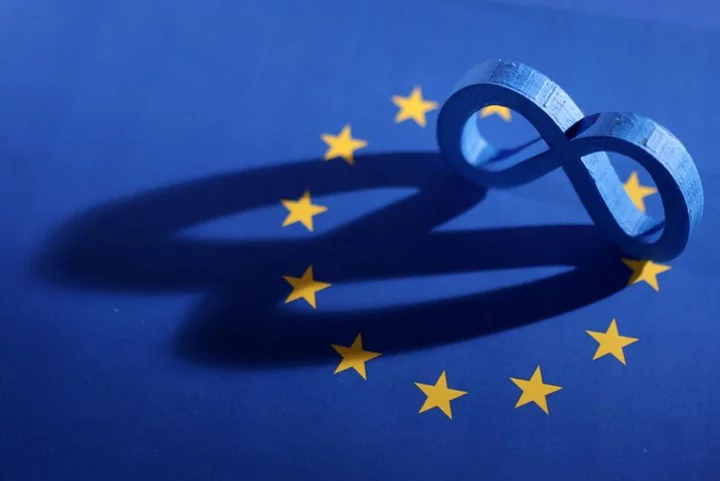
Meta, TikTok given a week by EU to detail measures against disinformation

Watch Nearly 90 Minutes of Memorable ‘90s Commercials
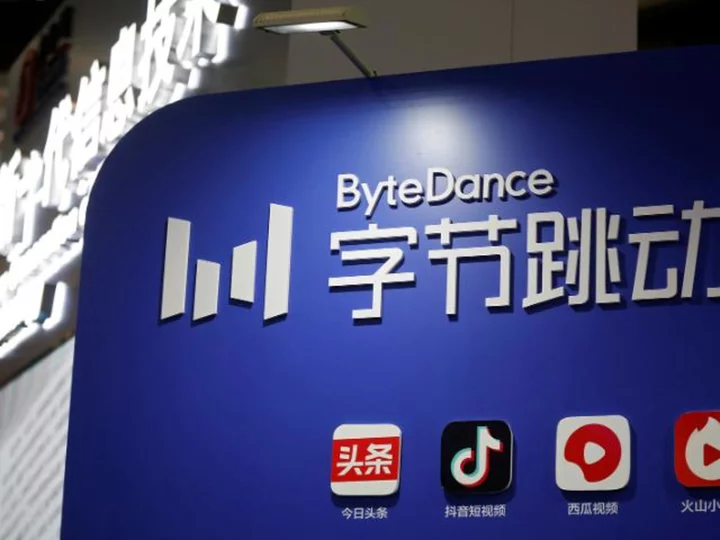
Ex-ByteDance employee claims China had 'supreme access' to all data

K-pop Fans Are Fighting Big Coal to Protect Beach Made Famous by BTS

Superdry Says Extreme Weather Hit Summer Sales: The London Rush
